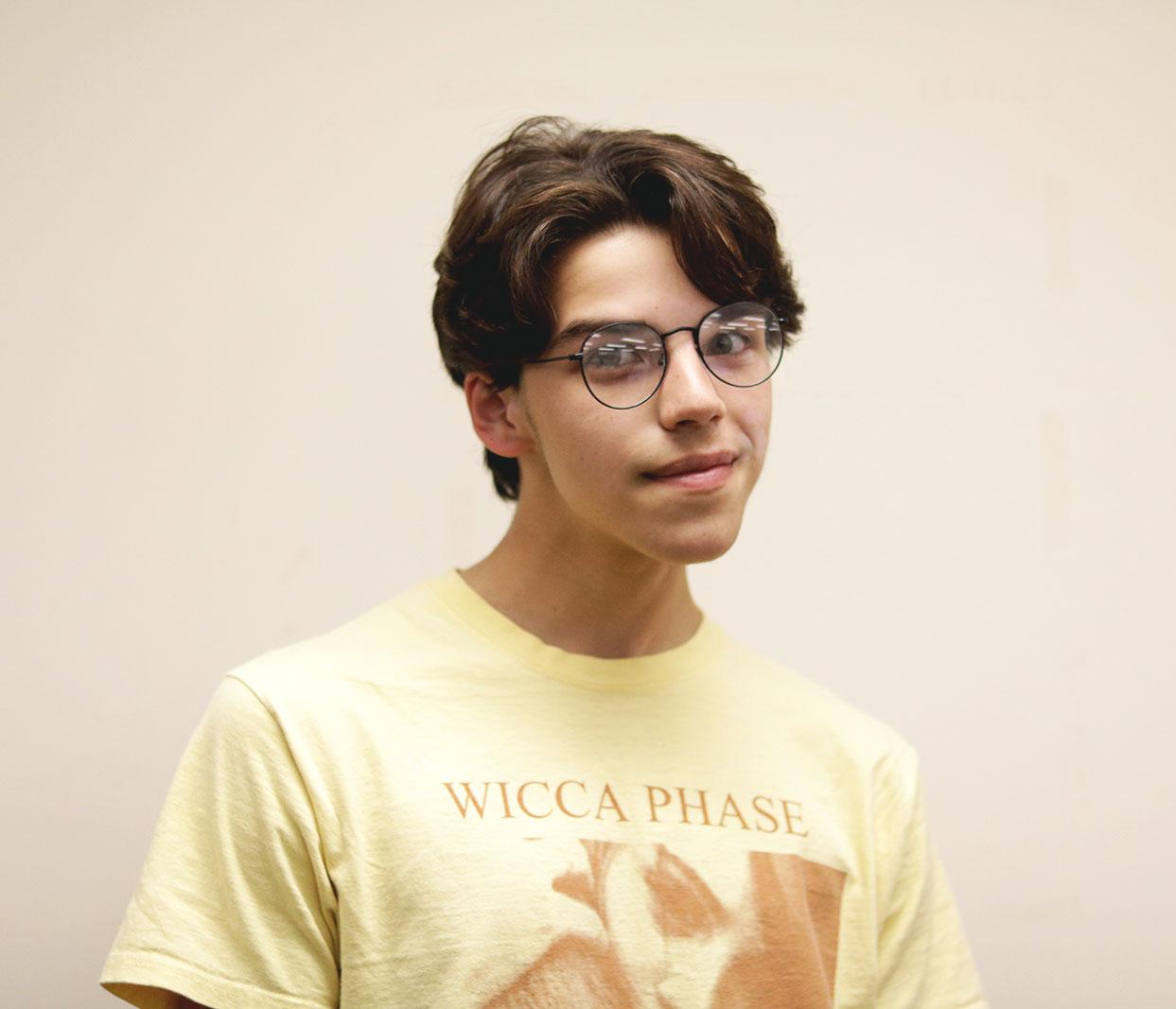If being a young adult in today’s world has taught me anything, it is that the Internet has come to dominate nearly every aspect of my life and the lives of all people my age. We have grown into and since championed this Internet Age — an era that has shaped the way we view ourselves, the society we live in and the politics that surround us.
It goes without saying that this sentiment reigns true through the lens of a current-day college student given our age-range. We, more than any group before or since, are most exposed and familiarized with not only social media as a vehicle for expressing one’s political views, but an awareness that this was not always the case. It is through this understanding of the rise of social media as such a prominent factor in today’s political atmosphere that sets us apart from others both older and younger than us.
Undergraduate students today are privileged to have at least slightly experienced a world without the immense weight that services like Twitter, Facebook, and YouTube currently hold today. Although this change of course occurred while we were still growing up and we were not as aware of the shift as we are now, we all experienced a time when the president did not tweet everyday, or when one’s entire political ideology could not be altered in the matter of two or three YouTube videos.
Having this prior exposure to a world that we have certainly moved past is exactly what makes our recognition of social media as a political vehicle so keen and precise. This is in contrast to older generations, as age groups such as the Baby Boomers have proven on multiple occasions to not quite understand how new forms of the Internet work. But younger generations are the exact opposite; they only know the world as it is now, not as it once was. In essence, we are the perfect middle.
The culmination of these factors ultimately results in the assumption that placing thousands of people within our age group onto one campus will obviously result in an exaggerated display of social media’s political influence. If it is not apparent already, Boston University as a campus is an ideal example.
From politically-oriented student groups spreading their respective messages on Facebook, to the student who sits on Twitter and comments on nearly any political manner they can find, social media is the easiest and most optimal way for us BU students to truly illustrate our ideals publicly.
In doing so, we are more that utilizing our right to self-fulfillment in the form of political expression. Everything that we say works to categorize and identify the political trends that the BU student body has as a collective unit. What we choose to express through social media does have a substantial amount of consequences, both positive and negative, when dealing with political statements.
Current BU students have come to learn that polarizing media figures like Alexandria Ocasio-Cortez and Ben Shapiro use their defiant online statements to make their presence known. Considering these two have been and will continue to be fixtures of political discussion here on campus as an alumna and potential visitor, we as a student body will respond just as swiftly.
























































































































